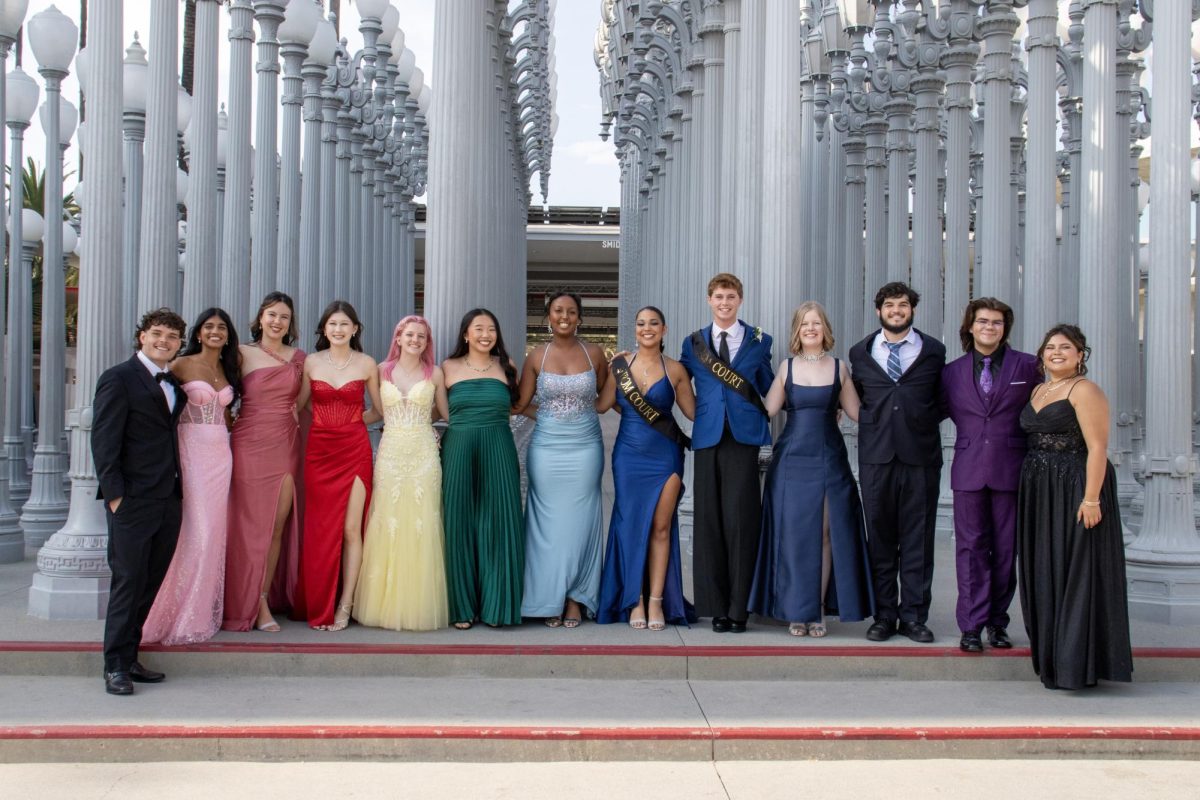A Student’s Guide to Politics
October 21, 2020
This year, among other issues, America has dealt with racial unrest, a global pandemic, and a growing partisan divide. Everything, from disease to race, has mutated into a vicious debate: Are masks a moral obligation or an unconstitutional form of oppression? Is Black Lives Matter fomenting change or violence? Who deserves to live in the White House for the next four years?
In other words, America is mired in politics. Many parts of our lives are now altered by political issues. We see politics on Instagram, in the form of social justice infographics, retail stores pledging to cooperate toward equity, families torn apart by conflicting opinions. “I’m not into politics,” people like to say, but that was before 2020. This year, we’ve seen that politics is unavoidable.
Whether you like it or not, we’re being forced to confront political issues locally and personally. It can feel like being forced to choose sides. And the world of politics ― especially now ― can be overwhelming. It’s difficult to know where to start or how to nurture real change. For students who can’t vote, it’s difficult to see how we can have any real say in issues that span multiple organizations, countries, and generations.
Shelby Coleman (11) is involved in numerous youth political organizations. She’s the regional anchor for the Torrance chapter of GENup, a statewide, student-led social justice organization. Coleman is also a part of the Torrance Youth Council and the Chief of Staff for the Torrance delegation of Model Legislature and Court, a nationwide mock government program.
Coleman is passionate about holding government officials and leaders accountable ― especially local leaders, such as Torrance City Council members. “I used to turn a blind eye to our city’s issues,” she said. “I…thought we lived in this little bubble, where yeah, there’s racism, but there’s not racism in Torrance. And in recent times, we’ve seen that that is just not true.”
Racism is just one of the many issues that Coleman feels must be addressed by leaders and officials. She has also been involved in advocating for change in more recent issues, including the movement to change West High’s Native American mascot and the outcry against the city’s implementation of only one ballot box for the 2020 election.
Politics, to Coleman, is not just a national or global issue. It holds just as much weight in Torrance, and she believes there’s a lot of work to be done locally.
One of the organizations centered around local social justice is Torrance For Justice (TFJ). TFJ’s mission is to fight against racism and other forms of oppression, magnify the voices of marginalized people, and stand in solidarity with other South Bay groups facing similar struggles.
Chelsea Rodriguez joined TFJ after she moved to Torrance and noticed “oppression being committed against those who come from marginalized groups.” As a leading organizer, Rodriguez coordinates TFJ members and collaborates with other local organizations around Torrance and the South Bay. She added, “I believe it’s important to be involved and participate in…social justice to become aware about what’s happening in our society today.”
Coleman and Rodriguez share a conviction that local advocacy is just as vital as nationwide politics. While landmark court cases and legislative milestones are passed at the federal level, it’s local leaders and policies that create real change in the lives of Torrance citizens. Locally, each person and their contributions holds much more weight.
But how do you know where to start? How do you find issues to advocate for and the confidence to speak up?
Keertana Panyam (11), secretary of West’s Mock Trial club, said that the best way to find passion is by getting educated on “whatever is the most important to you as an individual…It’s easier to be interested and take part in something you feel passionate about.”
One of the issues Panyam cares about the most is climate change and the environment. To help out, she volunteers to do local environmental work. But volunteering is only one part of what Panyam does. The other side of her advocacy is research. “That’s really important,” Panyam said. “I like to stay up to date and research and do what I can as an individual to not contribute to the problem.” Her participation in activism is enabled by staying informed about current issues.
According to Panyam, one of the best ways to get involved with politics and social justice is by using social media: “People…share a lot of resources that explain things very simply…And people on the internet are typically more willing to educate someone and help them develop a set of individual beliefs.” To Panyam, solid research and understanding is the foundation of good advocacy. From there, it’s easier to get involved in local movements and organizations.
Coleman echoed Panyam’s suggestion to start on social media. She also added that a great way to participate is to “keep notice of local marches, local discussions ― a lot of times, groups will advertise that they’re doing group discussions with our City Council members or our representatives.”
Coleman also highlighted the value of persistence and commitment. To those who are unfamiliar with politics, it can seem arduous and tedious ― and for most students, who are unable to vote, politics can appear inaccessible. But according to Coleman, even if you’re not old enough to vote, “you most certainly have a voice…You need to be the one taking [the] initiative to contact and put pressure on representatives and Council members.”
Emailing and calling representatives and Council members are some of the best ways you can get your voice heard directly. Contacting leaders might seem futile. But Coleman remarked that “a lot of times, you will get a personal response back from City Council members.” Persistence pays off ― if you keep trying, your voice will have an impact. It is worth speaking up, and if you push for it, your voice will be heard.
Rodriguez listed three steps: “identifying an issue that matters to you, then doing research, and even volunteering at your local [organizations].” Between people, passions will vary. Modes of research will vary (Rodriguez suggested checking out articles, podcasts, or videos). And methods of taking action will vary ― whether advocating for policies by contacting representatives, volunteering at local organizations, or joining groups to contribute to local change. The possibilities are endless.
“We need more young people whose voices and opinions can impact our communities,” Rodriguez said. “It starts with you…making a change, regardless [of] how big or how small the action is.”
Coleman agreed, entreating students to show leaders that “although [we] can’t vote, we still care and we’re still going to fight.”
And although politics is intimidating, we have learned, in the past year, that it is also urgent and imperative ― a fundamental part of how our society operates and how we live.
“Change is important,” Panyam said, referring to social issues spanning climate change to racial inequality to everything in between. “Everyone contributes to the problem, and I feel like it’s everyone’s job to be a part of the solution.”




